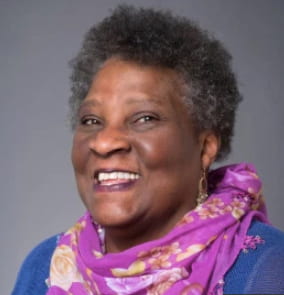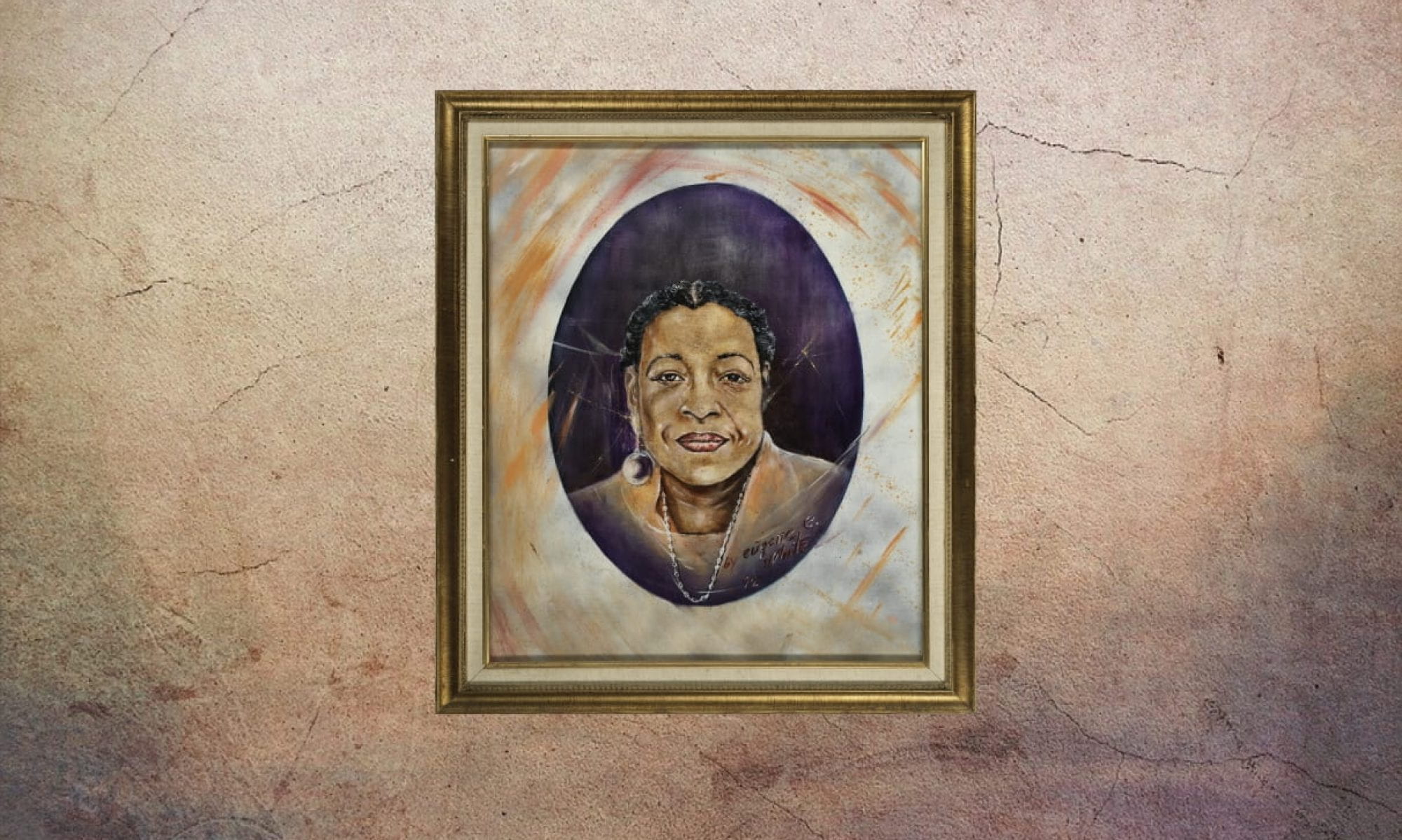
Throughout her years of dedication and hard work, Eva Paterson has become an outstanding leader who actively works for change in her community. Paterson’s years of persistence, along with her courage, grit, and fortitude have helped her break down many racial barriers. She has received numerous awards and has acted as a catalyst for many social movements.
Born into a military family, Paterson was constantly on the move which gave her the opportunity to live in places like Illinois, France, and England. However, her upbringing was anything but structured. Many times she was forced to watch her father abuse her mother. She explained, “I really tried to protect my mother from my father . . . I think some sense of being a warrior was being instilled at that point” (Shetterly). From a young age Paterson knew that it was not right for her father to physically abuse her mother. She possessed an innate sense of protection, but felt frustrated because she was unable to solve the problem. If it weren’t for these experiences, she wouldn’t have found one of her life’s passions in working with women who experience sexual and physical abuse. Paterson’s urge to change the world for the better led her to Northwestern University where she would become the first African American female student body president. She quickly found a love for politics working in this role. In 1970 at the age of 20, Paterson captured America’s attention by winning a debate on national television. In her debate against Vice President Spiro Agnew, she spoke passionately about the 1970 Kent University shooting of student demonstrators. Her outstanding accomplishments led her to be admitted into UC Berkeley School of Law.
Paterson began her career as a “baby lawyer” at the Legal Aid Society in Alameda County where she co-founded “A Safe Place”—a haven for women who are victims of physical abuse. For the next 23 years, she would work at the Lawyer’s Committee for Civil Rights and of those 23, she spent 16 years as the Executive Director. Paterson also took on many other issues like fighting against racial and gender discrimination in the San Francisco Fire Department. In 2003, Paterson was at the helm of the creation of the Equal Justice Society (EJS), becoming its co-founder and president. In recent years, she has served as an adjunct professor at both UC Hastings and the University of San Francisco School of Law and has given many addresses at universities across the nation.
Eva Paterson has served as the co-founder and president of the Equal Justice Society, a national non-profit organization aimed at transforming the nation’s consciousness on race through law, social science, and the arts.
Paterson has received more than fifty titles and awards over the span of her career. From the recognition that she had gained from her debate in 1970, she was named one of Mademoiselle magazine’s “Ten Young Women of the Year.” She was later featured on the covers of Ebony and Jet magazine. Of her many awards, her most notable include: The Woman of the Year from the Black Forum, the Earl Warren Civil Liberties Award, The Alumni Award of Merit from Northwestern University, the Fay Stender Award from the California Women Lawyers, and the Spirit of Excellence Award from the San Francisco Bar Association. Additionally, she has written many articles promoting nonviolence and equal rights. Among these are “Can’t We Get Along” and “The Future of Affirmative Action.” However, one of her most compelling accomplishments was the work that she did in support of equal educational opportunities in the landmark Supreme Court case, Grutter v. Bollinger. Paterson’s effort helped the Supreme Court uphold the affirmative action admissions policy.
For the last eighteen years, Paterson has been the co-founder and president of the Equal Justice Society, a national non-profit organization that aims to create coalitions to transform the minds of citizens across America through the use of law, the judicial system, and through studying the social sciences and the arts. Paterson was also a vocal spokesperson against Proposition 54 which, if passed, would have “prohibited the collection of racial and ethnic data by any state agency, thus making it impossible to track any racial discrimination or bring civil rights suits to court” (Cal Civil Rights).
Eva Paterson continues to be an active member of the San Francisco community. Throughout the years, she has demonstrated her strength as a leader and has displayed patience and perseverance in the face of inequality and discrimination. She has had a drive to make positive changes in the world from a young age. What her next contribution to her community will be, only time will tell.
— Candice Matlock, Althea Pyle, and Zachary James
Works Cited
“Eva Paterson.” Equal Justice Society. 29 Sep 2016.
Kamisugi, Keith. “Eva Paterson to Debate Ward Connerly at State Bar Annual Meeting.” Equal Justice Society. 26 Jan 2016.
Shetterly, Robert. “Eva Paterson.” Americans Who Tell the Truth. 2016.
“Eva Paterson.” California Civil Rights Coalition. 2015.
Robertson, Erin. “Modern-Day Civil Rights Leader: Eva Paterson.” Chicago Ideas. 22 Jan 2014.
